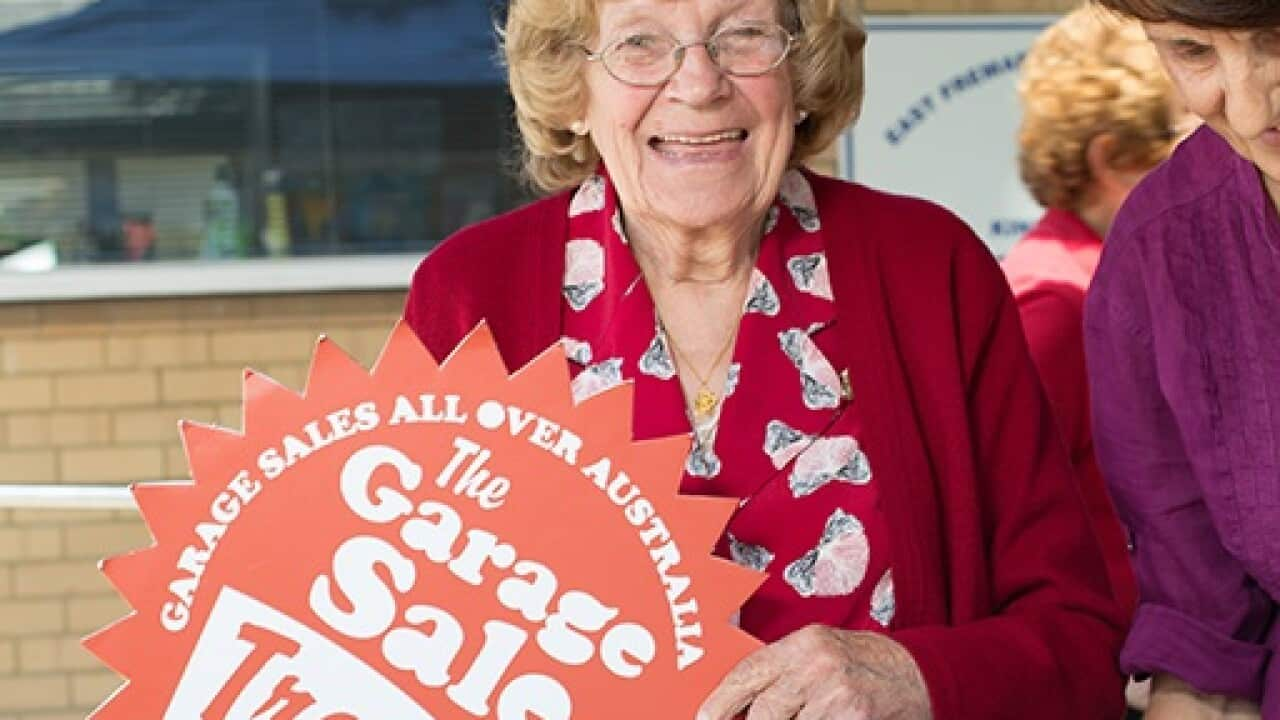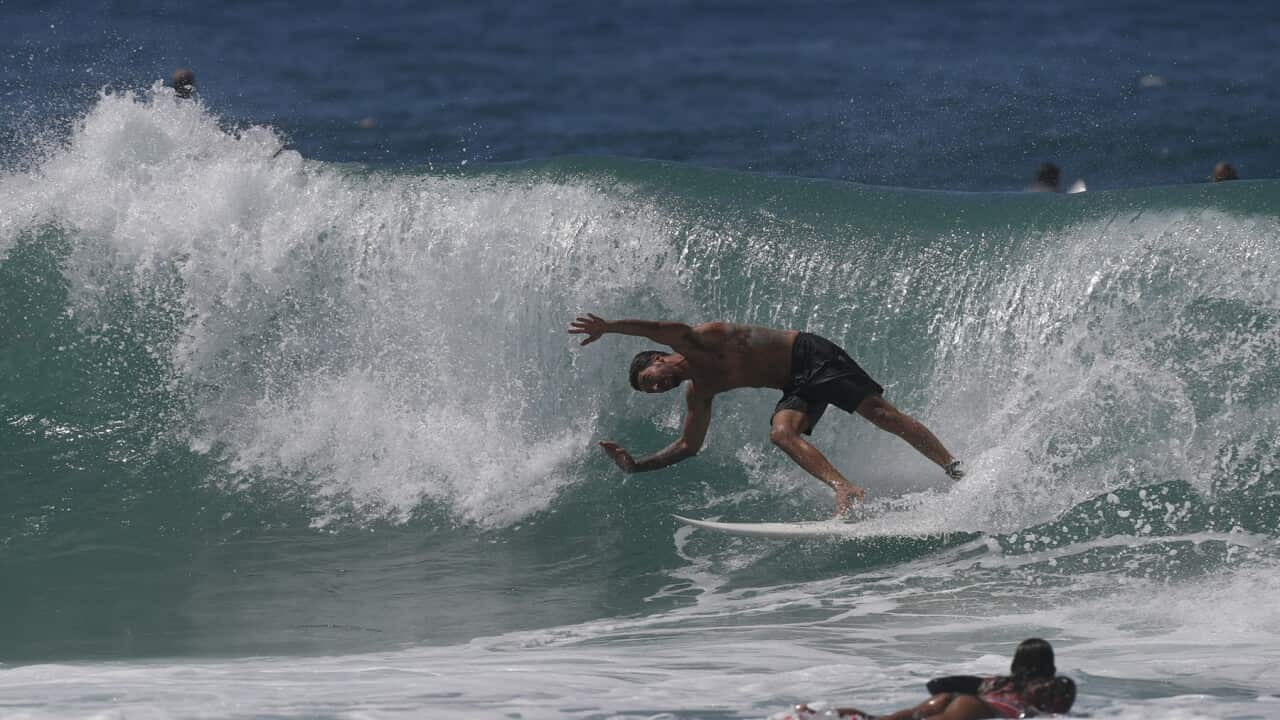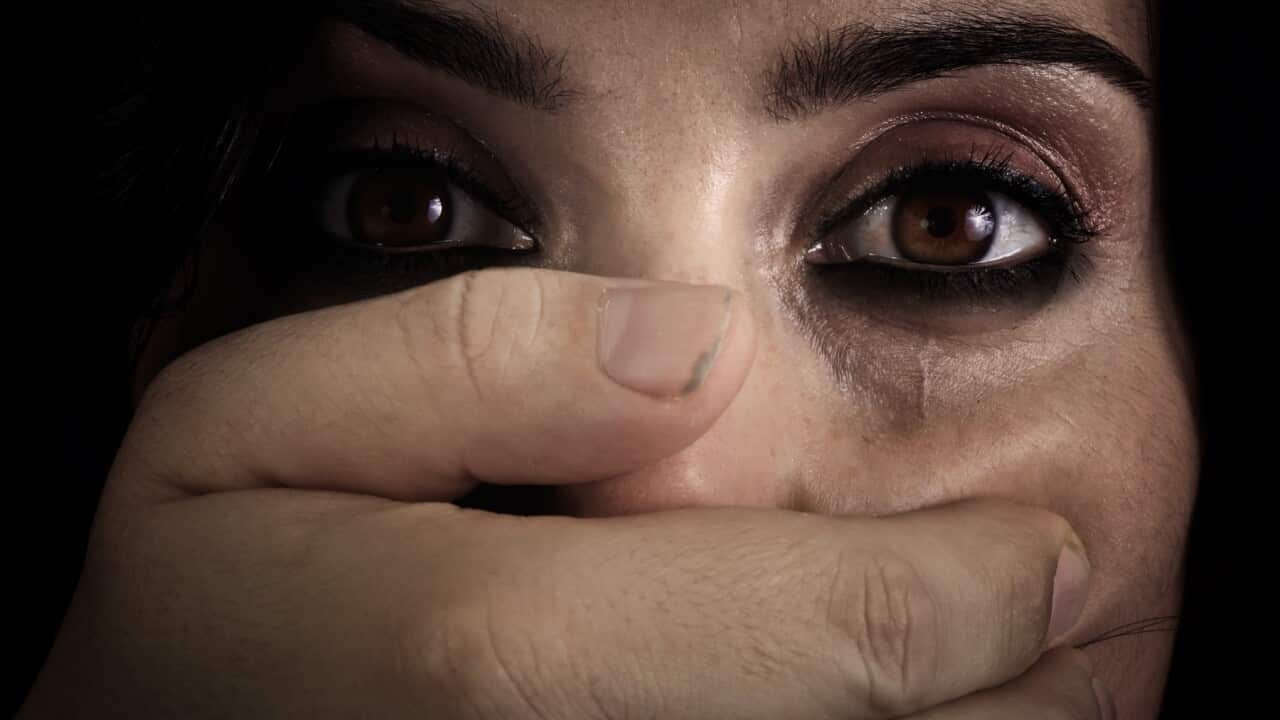Italian
L'ambizioso obiettivo fa parte di una strategia linguistica ufficiale che vede il rilancio della lingua indigena della Nuova Zelanda come una componente essenziale dell'identità nazionale e della riconciliazione.
Alien Weaponry è una band maori di thrash metal basata nell'isola nord della Nuova Zelanda.
Il suo album "Tu" è andato direttamente al numero uno delle classifiche nel paese, un segno della capacità di ripresa della lingua maori.
Ma i dati del censimento hanno mostrato che il numero dei parlanti di lingua indigena nel paese è precipitato.
Glenis Barbara-Phillip, l'ex presidente della commissione linguistica del maori, è però ottimista sul futuro.
"There aren't as many people speaking Maori as I'd like - around two in five Maori can have a conversation in Te Reo Maori which is still quite low. But look, we've made huge gains since the days when we were at two per cent. That was the 1970s. Soi we are steadily growing, and of course, without a proper command of the language you don't actually have that indepth understanding."
Maori TV è un canale televisivo pubblico.
I presentatori e giornalisti di Maori TV parlano solo in maori.
È tutt'altra cosa rispetto a quando i bambini venivano picchiati o frustati per aver parlato nella loro lingua nativa.
Come molti altri neozelandesi, la prima ministra Jacinda Ardern desidera imparare la lingua.
"In New Zealand, there is a Maori proverb, "He aha te tino mea nui o te ao" - What is the most important thing in the world: "Te tangata, te tangata, te tangata". It is the people, the people, the people."
Tu Tegaramu è un leader comunitario dell'isola del nord.
Da bambino non ha avuto la possibilità di imparare il maori, ma crede che il futuro della lingua sia garantito nelle mani delle generazioni più giovani.
"We've got these little 'language nests' called Kohanga Reo, a version of kindergarten preschool, but it's our version and we speak totally Te Reo (Maori Language) to our babies. When they're five years old, that's when we start speaking them to speak Te Reo. A lot of our kids now, they're all really fluent. So the language is coming back now. But I'm the missed generation."
Parole come Kia ora - ciao - e Kai - cibo - da tempo fanno parte dell'inglese della Nuova Zelanda.
Si spera che entro il 2040 un milione di "kiwi" saranno in grado di parlare un maori elementare.
English
The ambitious goal is part of an official language strategy that sees the revival of New Zealand’s indigenous language as a key part in national identity and reconciliation.
Alien Weaponry is a Maori Thrash Metal band from Northland on New Zealand's North Island.
Their album "Tu" went straight to number one in the country, a sign of the resilience of the Maori language.
But Census data has shown that the number of indigenous speakers in New Zealand has fallen.
Glenis Barbara-Phillip, the former head of the Maori language commission is, however, optimistic about the future.
"There aren't as many people speaking Maori as I'd like - around two in five Maori can have a conversation in Te Reo Maori which is still quite low. But look, we've made huge gains since the days when we were at two per cent. That was the 1970s. Soi we are steadily growing, and of course, without a proper command of the language you don't actually have that indepth understanding."
Maori TV is a publicly-funded TV channel.
Maori TV's presenters and journalists speak only in Maori.
It's a far cry from when children were beaten or whipped for speaking their native tongue.
Like many other New Zealanders, the Prime Minister, Jacinda Ardern, is eager to learn the language.
"In New Zealand, there is a Maori proverb, "He aha te tino mea nui o te ao" - What is the most important thing in the world: "Te tangata, te tangata, te tangata". It is the people, the people, the people."
Tu Tegaramu is a North Island community leader.
He didn't have the chance to learn Maori as a child but believes the future of the language is safely secured in the hands of younger generations.
"We've got these little 'language nests' called Kohanga Reo, a version of kindergarten preschool, but it's our version and we speak totally Te Reo (Maori Language) to our babies. When they're five years old, that's when we start speaking them to speak Te Reo. A lot of our kids now, they're all really fluent. So the language is coming back now. But I'm the missed generation."
Words such as Kia ora - hello - and Kai - food - have long been part of New Zealand English.
It's hoped that by 2040, one million kiwis will be able to speak basic Maori,
Report by Phil Mercer




